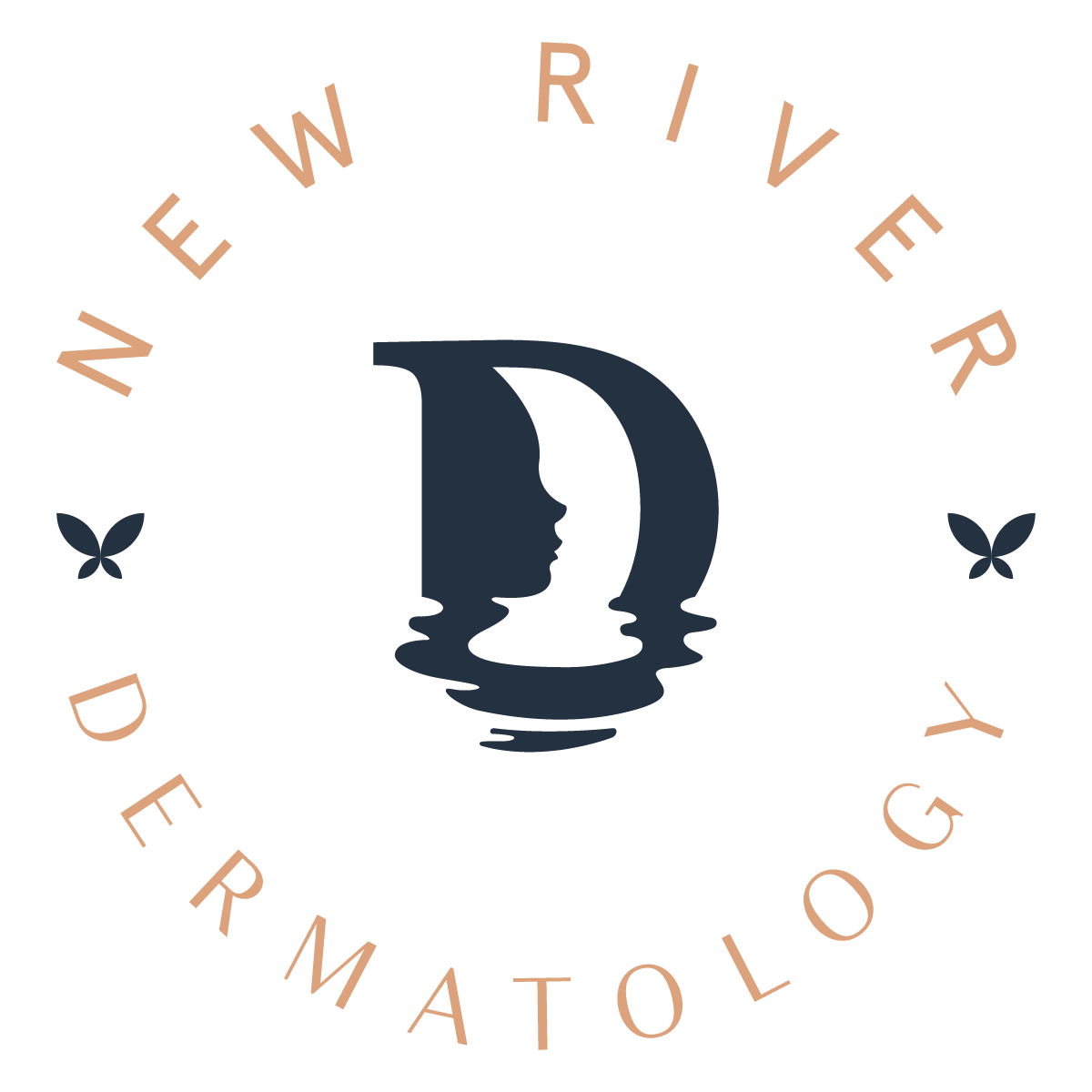Face Masks: Self Care for Your Skin
Face masks have become a booming industry. They’re advertised as a form of relaxing self care that benefits your skin health. It’s affordable and can be done at home instead of at a spa, giving masks a wide consumer base for any ailments, from dry skin to acne-prone skin.
Masks are appealing as a quick and simple skin care fix, but it’s not a cure-all for skin health. They can even harm your skin if they are used incorrectly. The benefits of using a face mask may be temporary, but knowing which ones to use and which to avoid for your unique skin can help you determine which to add to your regular skincare routine.
How do masks work?
Face masks attach directly to your skin, eliminating the chance for any product to evaporate. The result is a better insertion of ingredients into the skin with less time than other methods like facials. They’re great for moisturizing your skin! The lack of evaporation in masks means that less water in your skin is lost, keeping your skin hydrated and healthy. However, many face masks boast more than just moisturizing properties, such as acne reduction or brightening.
Don’t just look for what the masks advertise. Instead, look at their ingredient list. The type of skin you have (such as oily or dry) determines what ingredients would be the most beneficial for your skin. How do you know if face masks are harmful to your skin? Watch out for unnecessary ingredients like added fragrances, and be careful if you have sensitive skin or other skin conditions that could be irritated by certain ingredients.
Different types of masks
There are a multitude of mask formulas on the market. Connecting ingredients with your skin type (such as dry or oily skin) and any potential skin blemishes can help you narrow down exactly what you’re looking for in a mask. For example, Vitamin C can help hyperpigmentation and fine lines, salicylic acid can help acne and inflammation, and hyaluronic acid helps dry skin. Some other mask ingredients include:
Charcoal Masks: Activated charcoal is a popular ingredient for face masks, but there is limited research on benefits. It is believed to remove dirt and bacteria from skin, improve acne, and treat insect bites.
Sheet Masks: Sheet masks aren’t an ingredient, but rather a style: a face-shaped thin mask made from paper, fiber, or gel. It’s recommended not to use sheet masks if you have oily skin and use a clay mask instead, but sheet masks can draw out moisture for dehydrated skin.
Clay Masks: Clay masks have many potential benefits, including absorbing oil and treating acne. If you’re looking for an effective face mask, Revision Skincare offers a pore purifying clay mask that soothes your skin and removes excess oil.
If you’re looking for a face mask, pay attention to your own skin type. Oily skin, dry skin, and combination skin all react better to different ingredients in masks. They may not be essential, but face masks are a fun way to give your skin some extra moisture. If you have any questions about which products best suit your skin, New River Dermatology is always happy to help!
